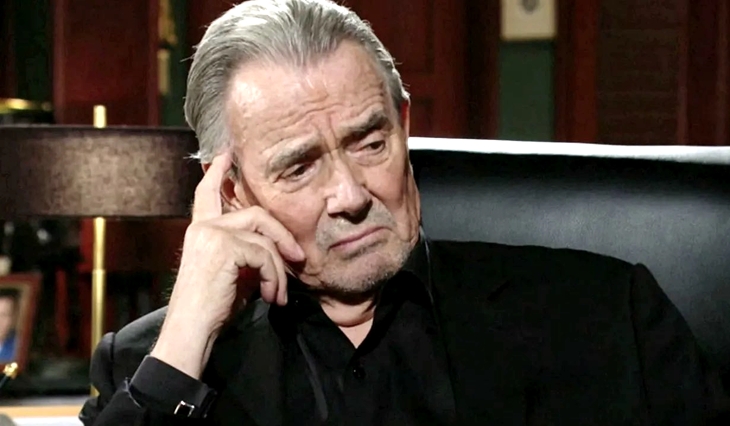Mission: Impossible - more than just action and adventure
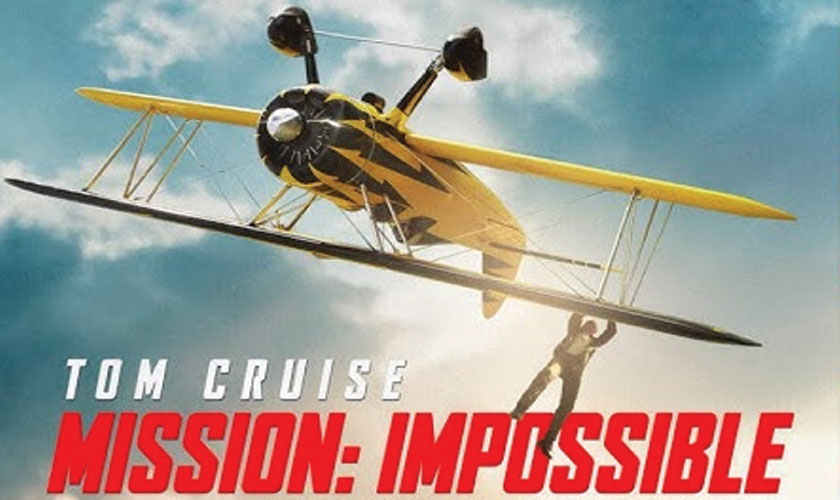
ENTERTAINMENT
Had there been no James Bond, Ethan Hunt would have been the premier secret agent we associate with silently saving the world. Mission: Impossible, a franchise based on the 1966 TV series of the same name, transformed into a multi-million-dollar cinematic phenomenon, with each movie becoming an exciting experience. Tom Cruise, who played the lead role of Ethan Hunt in all the films, became synonymous with Mission: Impossible itself, obscuring the lines between actor and character.
The journey began in 1996 with the first film, Mission: Impossible, which introduced the world to the Impossible Missions Force (IMF). Ethan Hunt, the sole survivor of a botched IMF mission in Prague to secure the CIA’s top secret NOC list, uncovers an infiltrator within the agency. After clearing his name, he recruits disavowed agents, steals the real list from CIA headquarters, and exposes the traitor, all while evading those trying to eliminate him.
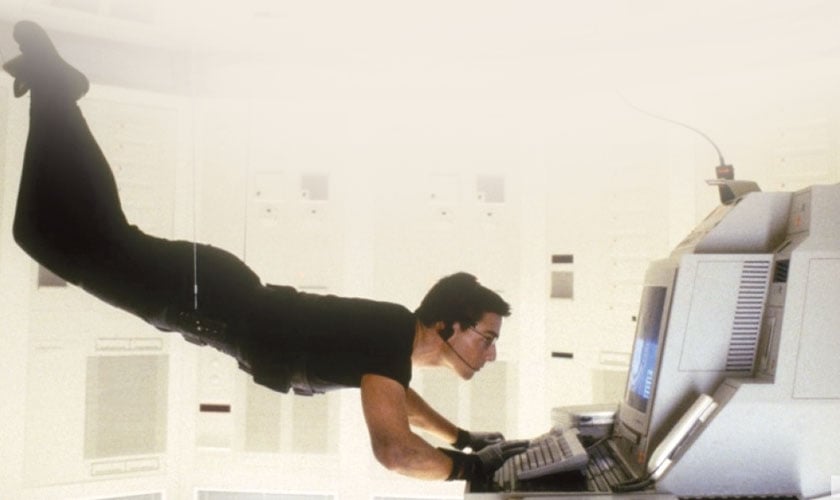
Over the years, eight films have been released in the series, each packed with suspense, high-speed chases, hand-to-hand combat, and – of course – Cruise doing what he does best: accomplishing the impossible.
A striking parallel between Bond and Mission: Impossible lies in their protagonists’ proclivity for driving cars, riding motorcycles, piloting planes, and riding speedboats to save the world. Bond has a license to kill; Hunt’s authorization is a bit different, but his resolve is just as lethal.
Mission: Impossible is more than just action and adventure. It’s not merely about a hero chasing a villain. The franchise prospered on its focused mission objectives, the urgency of global stakes, and, above all, teamwork. While Bond often operates alone, Hunt relied on logistical support, a dynamic reflected in his recurring team members, such as Simon Pegg’s tech-savvy Benji Dunn (featured in six instalments) and Ving Rhames’ steadfast Luther Stickell (the only actor besides Cruise to appear in every film).
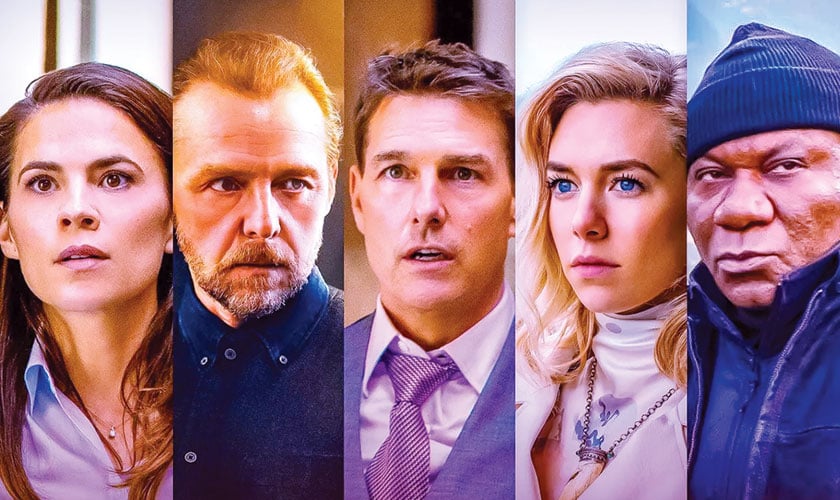
Over the past three decades, Mission: Impossible redefined spy thrillers and espionage narratives. Critics may debate the physics-defying stunts or plot intricacies, but the franchise’s consistency in storytelling, character development, and climactic tension remains unmatched. With The Final Reckoning (2025) marking the series’ conclusion, Mission: Impossible will leave behind a cultural legacy that will endure for generations.
The films masterfully balanced action with emotional depth, often through riveting dialogues that revealed the characters’ ideologies and personal battles. At the centre stood Ethan Hunt – flawed yet profoundly human, weighed down by moral dilemmas but unshakable in his loyalty to his team. If Hunt is the fictional hero, Cruise is the real-life daredevil, performing stunts that redefine the limits of action cinema.
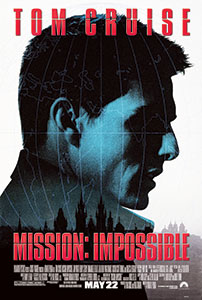
From shattering a fish tank in Mission: Impossible (1996) to free-climbing a cliff in Mission: Impossible II (2000), leaping between Shanghai skyscrapers in Mission: Impossible III (2006), scaling the Burj Khalifa in Ghost Protocol (2011), clinging to a plane in Rogue Nation (2015), executing a hundred jumps for Fallout (2018), riding a motorcycle off a mountain in Dead Reckoning (2023), and jumping between aircrafts in The Final Reckoning (2025), each film was Cruise’s personal challenge to outdo himself.
Based on themes of deception, betrayal, and impossible odds, the franchise’s narrative style stayed true to its core, while its stunts grew increasingly daring. Throughout the series, Lalo Schifrin’s iconic theme music became instantly recognizable, magnifying excitement in trailers and scenes alike.
The end of Mission: Impossible will leave an emptiness in Hollywood for three reasons. First, it concludes one of the last actor-driven franchises – Cruise’s dual role as star and producer was fundamental, a feat few can replicate. Second, its reliance on practical stunts set it apart in a CGI-saturated era. Finally, the emotional resonance of its team dynamics – built on trust, sacrifice, and comradeship – will be hard to replace. By merging the spectacle of storytelling with the soul of putting a script on the big screen, Mission: Impossible has cemented its place in history.
